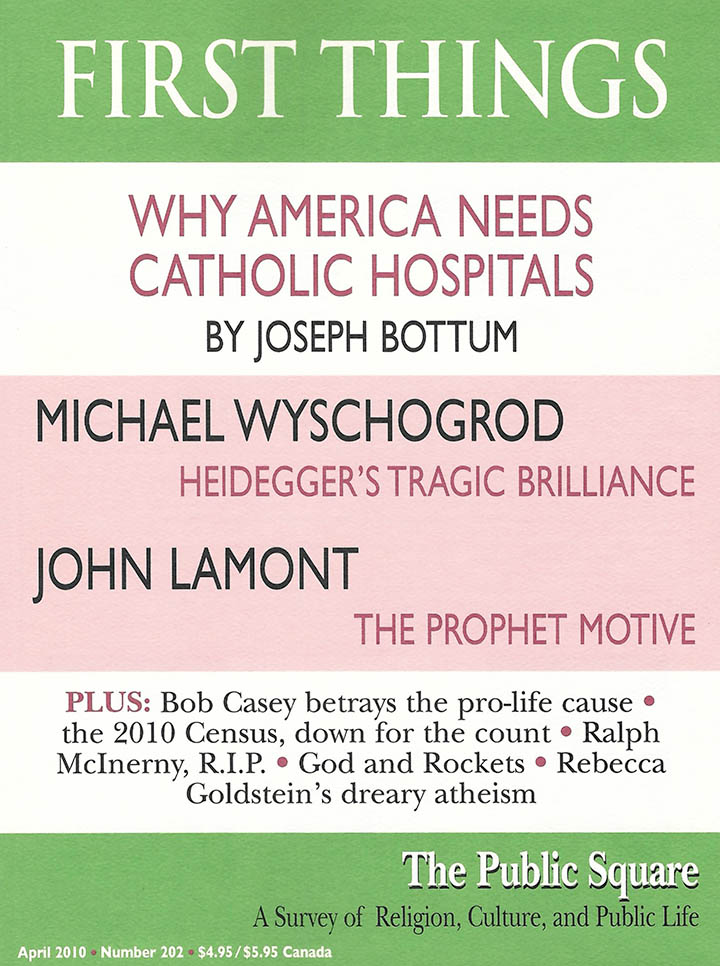Life After Death: The Evidence
by Dinesh D’Souza
Regnery, 256 pages, $27.95
n
While much apologetic effort has been spent arguing for the existence of God, relatively little has been spent defending the reasonableness of belief in an afterlife and the resurrection of the body, despite the fact that these are among the hardest doctrines of biblical religion for many modern people to accept. D’Souza brings to the task his renowned forensic skills. (By all accounts, he has bested several of the top New Atheists in public debate.) He understands that persuasion is less a matter of proof and rigorous argument than of rendering ideas plausible and overcoming obstacles to belief.
One obstacle to belief in bodily resurrection is the difficulty of grasping that there could be places that are not located in the three-dimensional space we presently inhabit, or that there could be realms where our intuitions about time, space, and matter simply do not apply. D’Souza rightly points out that modern physics has broken the bounds of human imagination with ideas of other dimensions”and even other universes”and has required us to accept features of our own universe (at the subatomic level, for example.) that are entirely counterintuitive. He shows how blinkered, by contrast, is the thought of many who think themselves boldly modern, such as Bertrand Russell, who asserted that “all experience is likely to resemble the experience we know.” Another impediment to belief in life after death is our experience of the disorganization of thought as sleep approaches and the mental decline that often precedes death. While near-death experiences do not prove as much as D’Souza suggests in his interesting chapter on the subject, the discovery that many have a surge of intense and coherent experience near the very point of death does counteract to some extent the impression of death as mere dissolution.
D’Souza approaches his subject from many directions. In two chapters, he gives a very accessible account of recent thought on the mind-body problem and the reasons to reject materialism. In the chapter “Eternity and Cosmic Justice,” he bases an argument for an afterlife on our moral sense. Our recognition that this world is not what it objectively ought to be suggests not only that there is a cosmic purpose, but that this purpose is unfulfilled and unfulfillable within the confines of this world. Some of his philosophical arguments, however, are less happy. In particular, his use of Hume and Kant to undermine what he regards as the pretensions of science will provoke not only scientists, but all those who have a strongly “realist” epistemology. D’Souza can also be faulted for sometimes claiming to demonstrate what cannot be demonstrated. Nevertheless, even those who find loose ends in his arguments will be rewarded with many fresh perspectives on the only question that really is of ultimate importance.
Redemption Before Christ
The latest installment of an ongoing interview series with contributing editor Mark Bauerlein. Gerald R. McDermott joins…
The Theology of Music
Élisabeth-Paule Labat (1897–1975) was an accomplished pianist and composer when she entered the abbey of Saint-Michel de…
No Method but Christ
When I try to explain to people why we need to recover patristic interpretation, the biggest obstacle…


